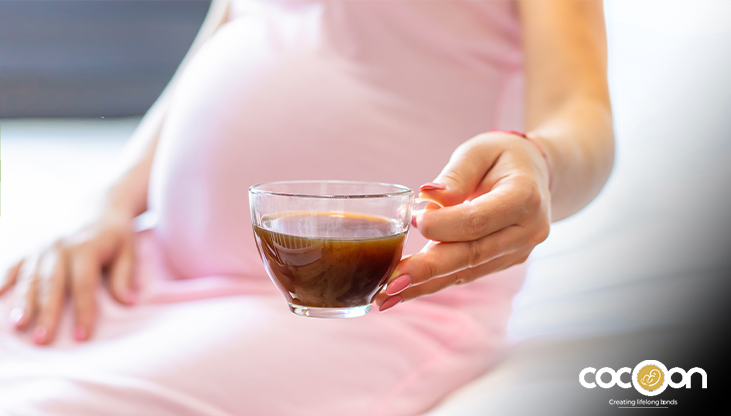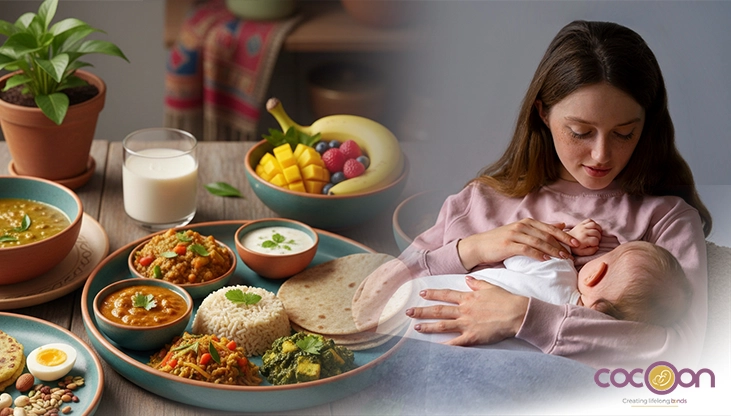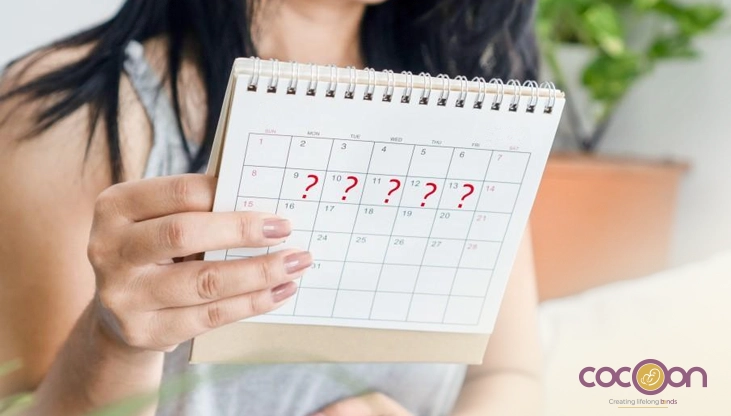Pregnancy is a time when each bite and each sip counts.While tea often feels like a soothing, harmless choice, not all teas are safe to drink during pregnancy. Some can help relieve common discomforts, while others may pose risks to you or your baby. Knowing which is which makes all the difference.
This blog covers safe teas for pregnancy, beneficial herbal teas for pregnancy, teas to avoid when pregnant, and the best tea for pregnancy that's beneficial for your health during all three trimesters.
Why Tea Is Important During Pregnancy
Most pregnant women seek relief through tea—whether for morning sickness, calming in the evening, or just keeping fluids up. Black or green tea is popular in everyday life, but herbal teas become popular while pregnant due to the natural content and assumed safety.
But here's the catch: "herbal" is not always equivalent to "safe." Some herbs cause contractions or play havoc with hormone levels, particularly if consumed in big quantities.
So, how do you select pregnancy safe teas? Let's see.
Safe Teas During Pregnancy
Following are some of the most frequently suggested herbal teas safe in pregnancy that can provide true benefits:
1. Ginger Tea
Ginger is well known to soothe nausea and morning sickness, particularly during the first trimester. A warm cup of ginger tea can also enhance digestion and eliminate bloating.
Note: Use fresh ginger slices boiled in water. Limit yourself to one or two cups a day to prevent heartburn.
2. Peppermint Tea
Peppermint is another standby for pregnancy discomfort. It eases gas, indigestion, and upset stomach. It can also ease headaches and calm the body.
Note: Peppermint tea is usually safe in moderate quantities, particularly during the second trimester.
3. Rooibos Tea
Caffeine-free and antioxidant-rich, rooibos tea is a wonderful substitute for black tea. It aids digestion, strengthens immunity, and is kind to the stomach.
Note: It has a sweet, natural flavor and doesn't require added sugars.
4. Lemon Balm Tea
This soothing and gentle tea is usually consumed to decrease anxiety and stress levels. It can also enhance sleep quality, particularly in the third trimester when it gets challenging to get rest.
Note: Always ask your doctor if you intend to drink it as a regular habit.
5. Raspberry Leaf Tea (Caution)
Red raspberry leaf tea is said to tone the uterus and get it ready for labor. It's usually taken during the third trimester only, and not before.
Note: Avoid drinking in the first or second trimester unless you are advised by a doctor or midwife.
Teas to Avoid During Pregnancy
There are some teas that can cause the breasts to fill up with milk, stimulate the uterus, affect hormone levels, or have ingredients that are toxic in pregnancy. Avoid these teas during pregnancy:
1. Black and Green Tea (In Moderation Only)
Though not entirely unsafe, these have caffeine content. Excessive intake of caffeine can cause low birth weight and other pregnancy complications.
Limit: Restrict the intake of total caffeine to less than 200 mg daily. One cup of black tea contains approximately 40–50mg.
2. Licorice Root Tea
It may raise the risk of high blood pressure and hormonal fluctuations in pregnant women. It's particularly unsafe.
3. Dong Quai Tea
Dong Quai is a uterine stimulant used in traditional Chinese medicine. It can cause contractions or miscarriage.
4. Chamomile Tea (in excess)
While chamomile is relaxing, overuse can enhance the risk of uterine contractions. Light-headed, occasional use is safe—but not in quantity.
5. Pennyroyal, Mugwort, and Blue Cohosh Teas
These are highly associated with miscarriage and premature labor and must be avoided entirely during pregnancy.
Best Teas for Pregnancy by Trimester
Each trimester presents unique needs. Here's an overall guide to the best teas for pregnancy along the way:
First Trimester:
- Ginger tea (for nausea)
- Peppermint tea (for digestion)
- Light rooibos tea (for hydration and stress relief)
Second Trimester:
- Rooibos tea
- Peppermint or lemon balm tea (for bloating, stress)
- Limited chamomile (if cleared by your midwife)
Third Trimester:
- Red raspberry leaf tea (only if cleared, to prepare uterus)
- Lemon balm (for improved sleep)
- Rooibos (as a nutritious daily pick-me-up)
Tips for Drinking Tea Safely During Pregnancy
- Always read the label: Some "herbal" teas contain unsafe herbs.
- Opt for organic and caffeine-free varieties where available.
- Consume 1–2 cups a day unless advised otherwise.
- Avoid detox or slimming teas during pregnancy.
- Discuss using a new herbal tea with your midwife or GP prior to use, particularly if you have a high-risk pregnancy.
Herbal Teas Safe for Pregnancy: Summary Table
| Tea Type | Safe During Pregnancy? | Best Trimester | Notes |
| Ginger Tea | Yes | First Trimester | Relieves nausea, consume in moderation |
| Peppermint Tea | Yes | First & Second Trimester | Soothes digestion |
| Rooibos Tea | Yes | All Trimesters | Caffeine-free, high in antioxidants |
| Lemon Balm Tea | Yes (in moderation) | Second & Third Trimester | May improve sleep and lower stress |
| Raspberry Leaf Tea | Caution | Third Trimester | May tone uterus, avoid in early pregnancy |
| Licorice Root Tea | Not Safe | None | May increase blood pressure and affect hormones |
| Chamomile Tea | Limited use | Sometimes in 2nd or 3rd | Excessive use may trigger contractions |
| Green/Black Tea | Limited (low caffeine) | All Trimesters | Keep caffeine intake under 200mg per day |
| Pennyroyal/Mugwort Tea | Not Safe | None | Strong risk of miscarriage, strictly avoid |
Conclusion
Selecting the appropriate teas in pregnancy can be comforting, relieve symptoms, and keep you hydrated naturally. However, it's important to understand that not all teas are made the same—particularly when you're pregnant.
Opt for pregnancy-safe teas such as ginger, rooibos, and peppermint in moderation, and always check with a healthcare provider before adding herbal teas to your regimen. If in doubt, it's best to avoid it.
Want more pregnancy wellness tips or safe nutrition ideas? Subscribe to our blog or consult with your doctor for advice that is right for you and your baby.

















